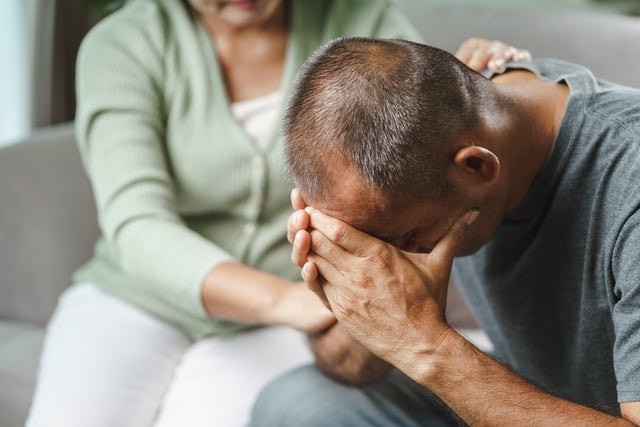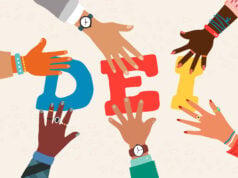
When most people think about personal injuries, they focus on the visible wounds—broken bones, cuts, and bruises. However, the psychological aftermath of accidents often proves far more complex and long-lasting than physical injuries. Understanding these mental health challenges is crucial for recovery and rebuilding your life after a traumatic incident.
The Hidden Epidemic of Post-Accident Mental Health Issues
Research from Oxford University’s psychiatry department reveals a startling reality: approximately one-third of individuals involved in crashes experience significant psychological symptoms, including post-traumatic stress disorder, ongoing anxiety, depression, and specific phobias, even a full year after their accident. This data highlights how mental health consequences can persist long after physical wounds have healed.
The scope of this issue becomes even clearer when considering that emergency departments across the country treated 43.5 million injury-related visits in 2022 alone. Each of these cases represents not just physical trauma, but a potential psychological challenge that may require specialized attention and care.
Common Psychological Symptoms Following Personal Injuries
Accident survivors frequently experience a range of mental health symptoms that can significantly impact their daily functioning. Sleep disturbances, including nightmares and insomnia, are particularly common as the mind struggles to process the traumatic event. Many individuals develop heightened anxiety, especially in situations that remind them of their car accident, such as driving or being a passenger in a vehicle.
Depression often emerges as victims grapple with lifestyle changes, financial stress, and the loss of activities they once enjoyed. Some people experience intrusive thoughts or flashbacks, while others may develop avoidance behaviors that limit their ability to engage in normal activities.
The Ripple Effect on Relationships and Daily Life
Personal injuries don’t just affect the victim; they impact entire family systems and social networks. Spouses may become caregivers, children might feel scared or confused, and friendships can become strained when social activities are no longer possible. Work performance often suffers, leading to additional stress about job security and financial stability.
The psychological burden can create a cycle where mental health struggles impede physical recovery, while physical limitations worsen emotional distress. Breaking this cycle requires comprehensive support that addresses both aspects of healing.
Legal Considerations and Professional Support After a Personal Injury
Navigating the legal landscape after an accident can be particularly overwhelming, especially in states where personal injury cases are exceptionally common. Florida, for instance, records personal injury filings at a rate of 1,237% above the national average, making it essential for residents to understand their rights and the potential psychological damages they may be entitled to recover.
When dealing with the aftermath of an accident, it’s important to consult with an experienced personal injury lawyer who understands the full scope of damages, including psychological impacts. Legal professionals can help ensure that mental health treatment costs and emotional suffering are properly documented and compensated, providing the financial resources necessary for comprehensive recovery.
The psychological impact of personal injuries extends far beyond the initial trauma, often creating lasting challenges that require professional intervention and comprehensive support systems. Recognizing these mental health consequences as legitimate and treatable conditions is the first step toward recovery. By addressing both physical and psychological needs, accident survivors can work toward reclaiming their lives and finding a path forward that acknowledges their full experience of trauma and healing.
Disclaimer
The information contained in South Florida Reporter is for general information purposes only.
The South Florida Reporter assumes no responsibility for errors or omissions in the contents of the Service.
In no event shall the South Florida Reporter be liable for any special, direct, indirect, consequential, or incidental damages or any damages whatsoever, whether in an action of contract, negligence or other tort, arising out of or in connection with the use of the Service or the contents of the Service.
The Company reserves the right to make additions, deletions, or modifications to the contents of the Service at any time without prior notice.
The Company does not warrant that the Service is free of viruses or other harmful components












